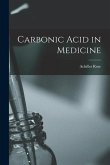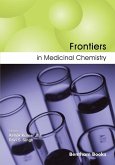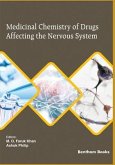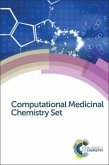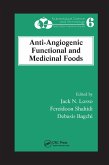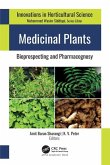Robust Theoretical Models in Medicinal Chemistry: QSAR, Artificial Intelligence, Machine Learning, and Deep Learning serves as a valuable resource chock full of applications extending into multiple knowledge domains. The meticulous construction of a robust model holds significance, not only in drug discovery but also in engineering, chemistry, pharmaceutical, and food-related research, illustrating the broad spectrum of fields where QSAR methodologies can be instrumental. The activities considered in QSAR span chemical measurements and biological assays, making this approach a versatile tool applicable across various scientific domains. Currently, QSAR finds extensive use in diverse disciplines, prominently in drug design and environmental risk assessment. Quantitative Structure-Activity Relationships (QSAR) represent a concerted effort to establish correlations between structural or property descriptors of compounds and their respective activities. These physicochemical descriptors encompass a wide array of parameters, accounting for hydrophobicity, topology, electronic properties, and steric effects, and can be determined empirically or, more recently, through advanced computational methods.
Hinweis: Dieser Artikel kann nur an eine deutsche Lieferadresse ausgeliefert werden.
Hinweis: Dieser Artikel kann nur an eine deutsche Lieferadresse ausgeliefert werden.


